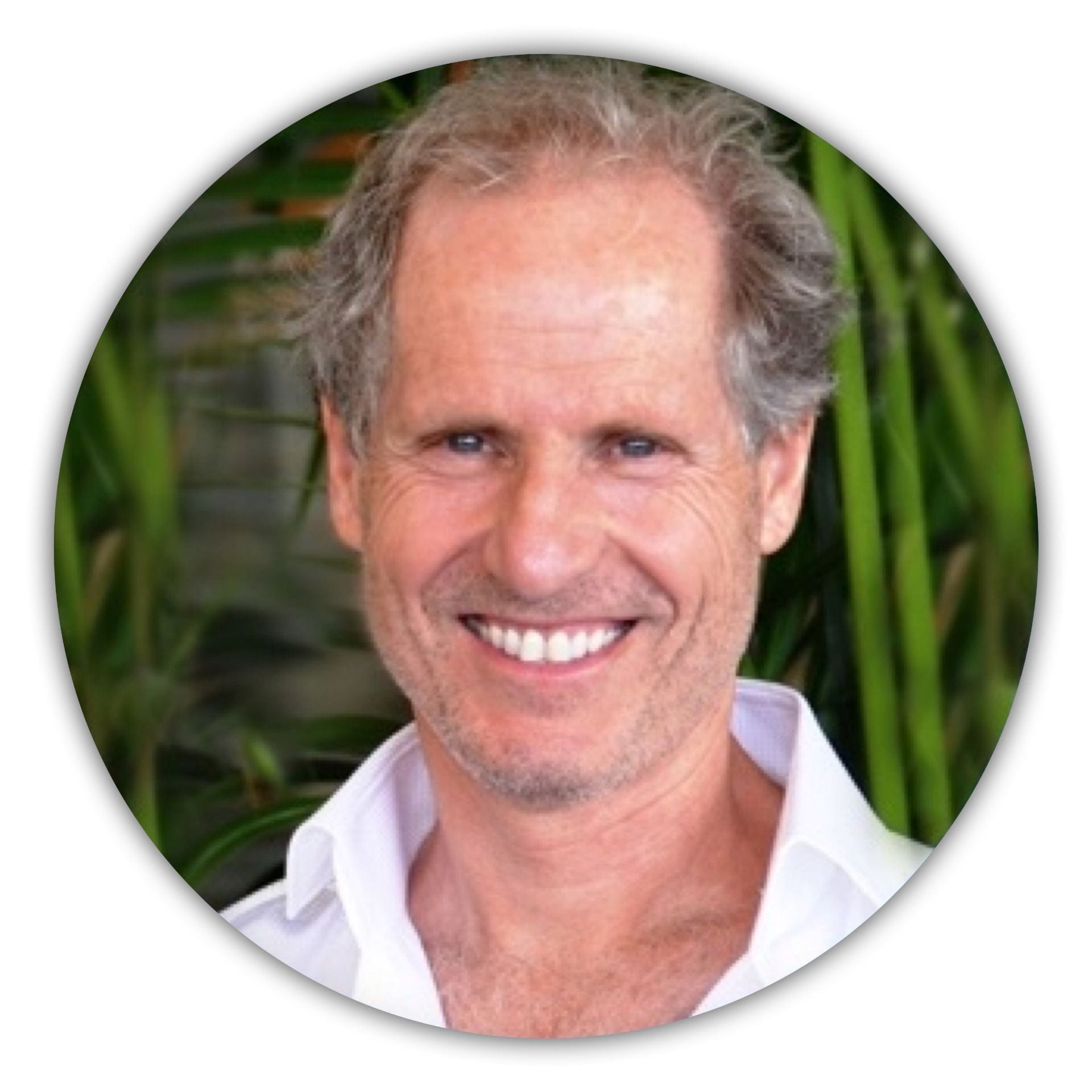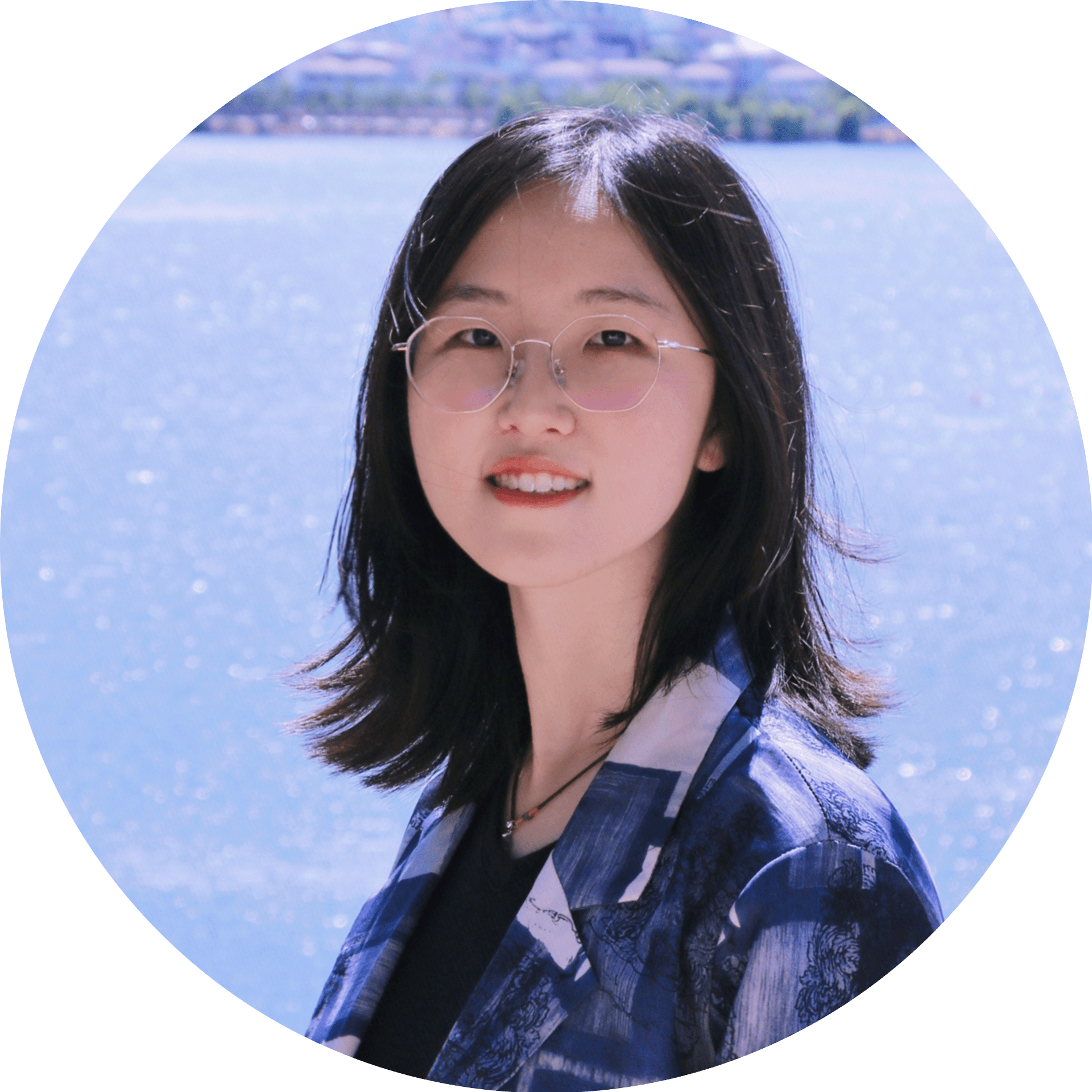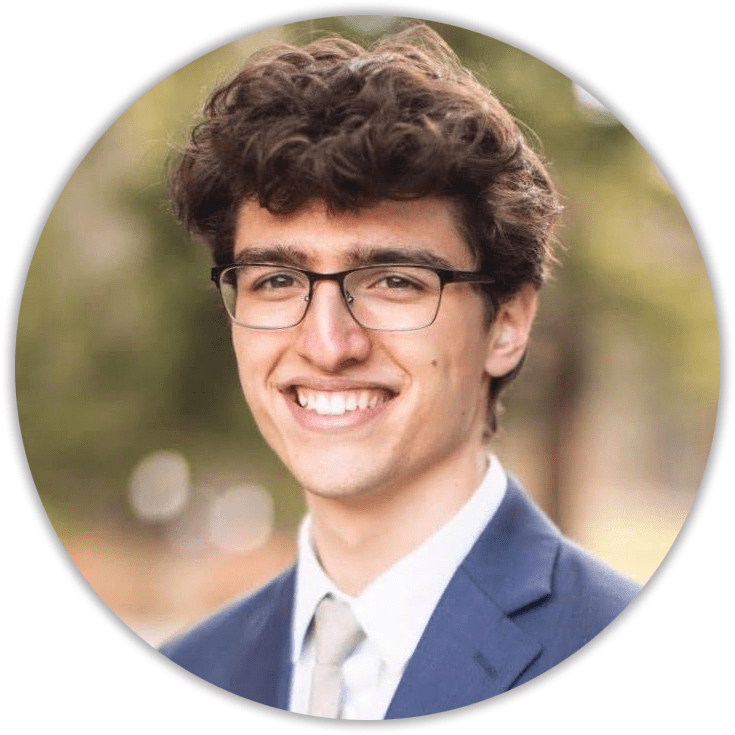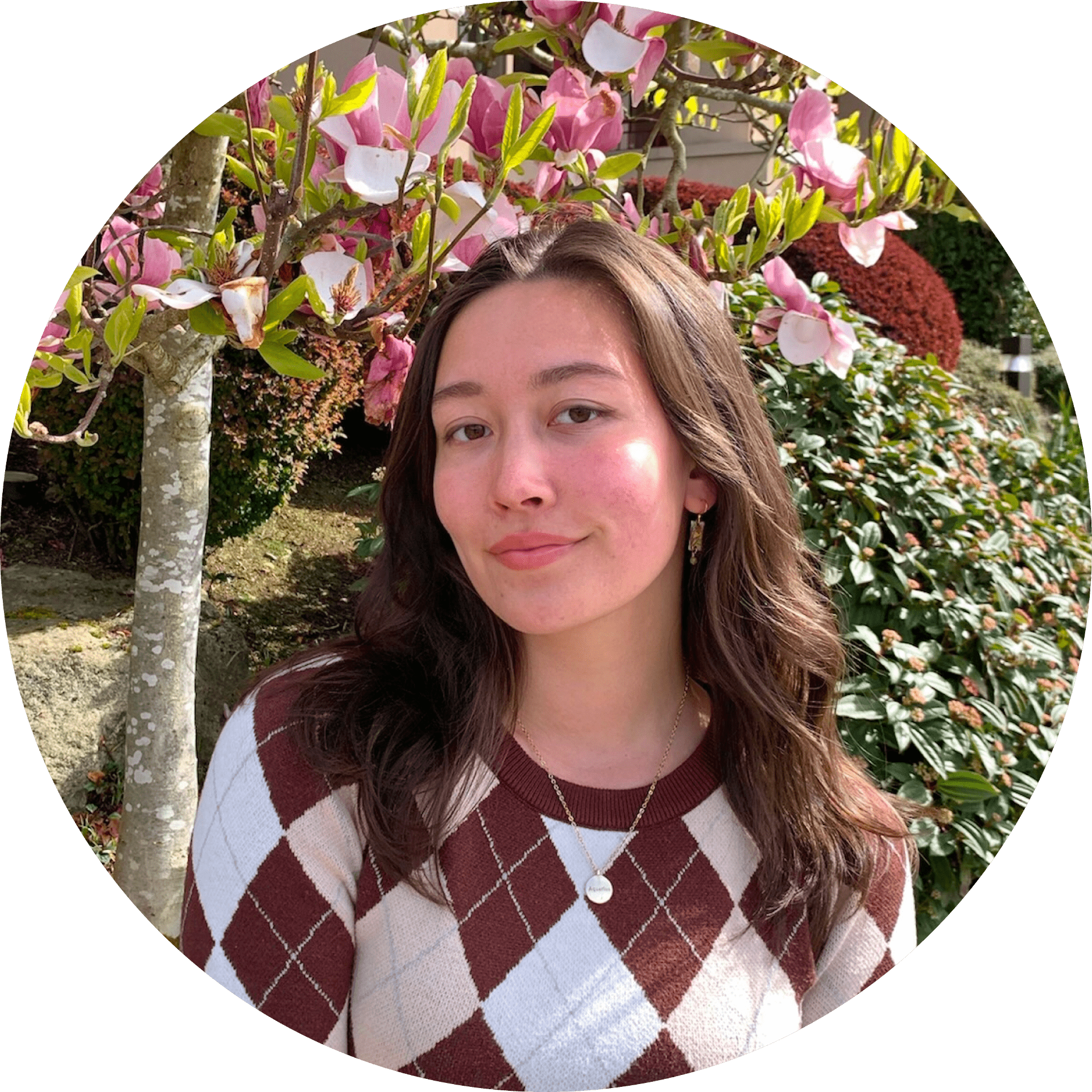People
Peter Kahn
Professor, Department of Psychology, School of Environmental and Forest Sciences
Peter H. Kahn, Jr. is Professor in the Department of Psychology and the School of Environmental and Forest Sciences, and Director of the Human Interaction with Nature and Technological Systems (HINTS) Laboratory at the University of Washington. He is also Editor-in-Chief of the academic journal Ecopsychology. His research seeks to address two world movements that are powerfully reshaping human existence: (1) The degradation if not destruction of large parts of the natural world, and (2) unprecedented technological development, both in terms of its computational sophistication and pervasiveness. He received his Ph.D. from the University of California, Berkeley. His publications have appeared in such journals as Science, Developmental Psychology, Human-Computer Interaction, Environmental Health Perspectives, Child Development, and Journal of Systems Software, as well as in such proceedings as CHI, HRI, and Ubicomp. His 5 books (all with MIT Press) include Technological Nature: Adaptation and the Future of Human Life (2011).


Chrystal Dunker
Ph.D., Environmental Studies, Antioch University New England
Chrystal Dunker, PhD, earned her doctorate in Environmental Studies from Antioch University New England. Her dissertation—Nature Interaction Assists with Coping and Resilience: An Interaction Pattern Approach with Adolescents with Histories of Trauma in a Youth Group Home—explores how meaningful engagement with nature supports coping and resilience in youth placed at-risk. With a background as executive director of a regional environmental and outdoor education center in southern Minnesota, Chrystal brings a deep commitment to youth development and experiential learning to her research. Her work is grounded in ecopsychology and ecological psychology, focusing on the essential mental, emotional, and social benefits of human-nature relationships—particularly for children and adolescents facing adversity. Chrystal collaborates with Dr. Peter Kahn and the HINTS Lab on projects examining how nature interaction patterns support well-being in humans and the more-than-human world. She is especially interested in exploring what having a nature language and associated human-nature interaction patterns allow us to communicate to others about the importance of a human-nature relationship for healing and human flourishing. She currently serves as Managing Editor for Ecopsychology and is co-editor of the forthcoming volume Unmoored Yet Unbroken: Ecopsychology for a Changing World—Stories of Human-Nature Relationships. She can be reached at: chrystaldunkerphd@gmail.com.

Hongfei (Fei) Li
Interdisciplinary Ph.D. Student, College of Built Environments

Xuanyi Wang
Ph.D. Student, Clinical Psychology, Zhejiang University
Xuanyi Wang is a Ph.D. student in Clinical Psychology at Zhejiang University and, starting January 2025, a year-long visiting Ph.D. student in Psychology at the University of Washington in the HINTS lab. She is interested in the profound mental health benefits that natural environments can offer. Her research ventures into the vibrant intersection of environmental and clinical psychology, with a specific emphasis on the therapeutic impacts and underlying processes of nature exposure on depressive symptoms. She has employed a diverse array of research methods, including laboratory studies, field experiments, focus group discussions, and surveys. She loves nature and enjoys immersing herself in natural environments. She hopes to share the healing experience of nature with more people in a scientific way. She believes that nature-based treatments can be an important and useful approach for both the sub-clinical and clinical populations.

Yuqi Huang
Post Masters Student, UW Global Innovation Exchange

Drew Schoenfeld
Postbac, Department of Psychology, Department of Economics
Drew Schoenfeld graduated from the University of Washington with B.A. degrees in psychology and economics. His primary interest lies in the intersection of behavioral economics and environmentalism. As a research assistant in the HINTS lab, Drew is investigating questions around consciousness and ecopsychology, such as: “what role do natural environments or experiences of Presence play in human flourishing?” and from this question, “what are the resulting implications for how we organize society?” In his free time, Drew enjoys writing music, rock climbing, and spending time in nature.

Gillian Sparks
Postbac, Department of Psychology
Gillian recently graduated with her B.A. in psychology and minor in business at the University of Washington. Her interest in Presence and Interaction Pattern Theory is grounded in her experiences in nature, from an environmental camp at Islandwood, to visiting the diverse wildlife of Luangwa Valley in Zambia. She believes these opportunities to interact with more wild nature have played an important role in building her intrinsic care for the environment. In working with children as a swim instructor and Lego STEM teacher, Gillian has developed a passion for understanding how we learn from a young age and how we can be proactive about protecting psychological well-being. Gillian hopes to contribute to research that will emphasize the importance of fostering resilience from an early age and a deep sense of compassion for the natural world.

Arshia Batra
Undergraduate, Department of Psychology
Arshia Batra is in their 4th year at UW, pursuing a B.S. in Psychology and a B.A. in Comparative History of Ideas (CHID). Arshia was part of the 2024 SIAH (Summer Institute in the Arts and Humanities) cohort, during which they discussed a variety of literature considering more-than-human worlds, exploring ecopsychology, critical animal studies, oral histories, postmodern narratives, and so much more. Immersion in this scholarship has made them passionate about the reciprocal connections between nature and human (as well as nonhuman) life, which led them to join the HINTS Lab. Here, Arshia hopes to contribute to research that is developing measures for profound states of being in nature, as well as investigating other relationships between human psychology/physiology and the environment. In their free time, Arshia enjoys writing, collaging, photography, and running.

Leslie (Tianxiao) Cheng
Undergraduate, Department of Psychology
Leslie Cheng is a senior undergraduate double-majoring in B.A. Psychology and Sociology. As a Psychology honors student, she is currently working on a research thesis investigating and designing human-AI interactions to enhance depth, reciprocity, and authenticity in interpersonal relationships. Leslie’s experiences span diverse roles, including volunteering at the UW Autism Center and supporting literacy projects in rural communities. As a UI/UX designer, she collaborates with cross-functional teams to create intuitive user interfaces and conduct user-centered research. With a long-term goal of helping individuals adapt to the rapidly evolving technological era, Leslie integrates her knowledge of psychology, sociology, and technology in the HINTS Lab, where she explores the interplay between human interactions and technological innovations to enhance societal well-being.

Mayes Robertson Romera
Undergraduate, Department of Psychology
Mayes is a fourth-year undergraduate student at the UW, pursuing a B.S. in Psychology and a minor in Environmental Public Health. He is interested in understanding the ways in which environmental inequality and unequal access to greenspaces can affect psychological well-being. This passion for investigating natural ecosystems can be traced back to his childhood, where growing up among the redwoods of Northern California, he was thoroughly exposed to the restorative effects of wild nature. With prior experience ranging from volunteering at the University District Food Bank to research on mosquito populations in downtown Seattle, he enjoys integrating human-centered service and natural environments. As a part of the HINTS Lab, Mayes hopes to help advance research that broadens the scientific understanding of the reciprocal interactions between nature and humans.

Soteria Li
Undergraduate, Department of Psychology
Soteria is a senior undergraduate student double majoring in B.A. Psychology and Education, Community, and Organization. She is currently supporting Xuanyi’s research, which examines the mental health advantages offered by natural environments, focusing on the therapeutic effects of nature exposure on depressive symptoms and the psychological mechanisms involved. She is also collaborating with Leslie on research that explores human-AI interactions aimed at fostering deeper, and more authentic interpersonal relationships. Soteria’s previous research experience includes working with the UW I-Lab and completing an internship at the First Affiliated Hospital of China Medical University.Through the HINTS lab, Soteria aims to build on her experiences in environmental and clinical psychology, and is particularly interested in understanding how technology can enhance mental health and interpersonal relationships, both in social and clinical contexts.

Jordan Mushtaler
Undergraduate, School of Environment and Forest Sciences
Jordan is a third-year undergraduate student, pursuing a Bachelor of Science in May 2026 in Environmental Science and Terrestrial Resource Management with a minor in Business. She is currently assisting with Xuanyi’s research, which explores how various environments impact health and well-being to quantify the psychological effects of being in natural environments compared to dense urban areas. Through her time working in the HINTS lab, she hopes to build upon her real-world knowledge gained through internships with the Texas Commission on Environmental Quality and Karlin to learn more about the intersection between humans and the environment. She is looking forward to a career in sustainable policy and environmental consulting.

Zoe Chiang
Undergraduate, Department of Psychology, College of Education
Zoe is a fourth-year undergraduate student at the University of Washington, majoring in Psychology and Early Childhood and Family Studies. She is currently assisting with Xuanyi’s research, which investigates the influence of environmental exposure, particularly the effects of walking in natural versus urban settings, on individuals’ mental health and overall well-being. With experience in crisis intervention and a strong interest in the relationship between psychology and the environment, Zoe is eager to explore how surroundings influence well-being. In the future, she hopes to use her knowledge and experience to support people with mental health issues.

Hadley Evensen
Undergraduate, Department of Psychology

Mateo Marquez
Undergraduate, Department of Psychology

Palak Jain
Undergraduate, Department of Psychology

Athena Chen
Undergraduate, Department of Psychology

Bryan Khant Pine
Undergraduate, Department of Psychology
Bryan Khant Pine is a fourth-year undergraduate student at the University of Washington, majoring in psychology with a minor in health studies. He is experienced in working with children and advocating for mental health, and is interested in further developing his background in psychology by learning about the research process firsthand. He is currently supporting ongoing research in the HINTS Lab on how natural versus urban environments influence depressive symptoms and mental health.

Muqi (Anthony) Han
Undergraduate, Department of Psychology
Recent Alumni

Carson Smith
Undergraduate, College of Environment

Chase Yousef
Undergraduate, Department of Psychology

Cici Lam
Undergraduate, Department of Psychology

Monet Ruiz
Undergraduate, Department of Psychology
Monet Ruiz is a third-year undergraduate student pursuing a Bachelor of Science in Psychology. She is currently supporting Xuanyi’s research, which seeks to understand how exposure to natural environments affects depressive symptoms and examines different environments’ influence on well-being, aiming to quantify the psychological impact of nature exposure compared to dense urban settings. Monet’s experience as a Certified Behavior Technician has strengthened her skills in behavioral data collection and inspired a passion for advocating for children’s mental health. In this role, she provides one-on-one therapeutic services to children with autism using Applied Behavior Analysis, applying data-driven strategies that enhance learning and behavioral outcomes. During Monet’s time at the HINTS Lab, she hopes to explore how human interactions with the environment can improve well-being and expand her knowledge of behavioral and therapeutic interventions.

Khanh Banh
Undergraduate, Department of Psychology

Sophie Root
Undergraduate, Department of Psychology
Sophie Root is beginning her 4th year at UW pursuing a B.A. in Psychology and Art with a focus in drawing and painting. Sophie has spent 4 years as a camp counselor and director at Heartwood Nature Programs. Every summer, while teaching children about the importance of taking care of our parks and finding stillness of the mind, Sophie also gets to reap the benefits of spending every day in the lush forest of Saint Edwards State Park. She has become aware of the healing powers of nature through this prolonged time outside as well as through her yoga and meditation practice that she explores outside in the sunnier months. As an advocate of spending time outdoors and maintaining mental wellbeing, Sophie is inspired to learn more through research in the HINTS Lab about the relationship between nature and psychological resilience.
